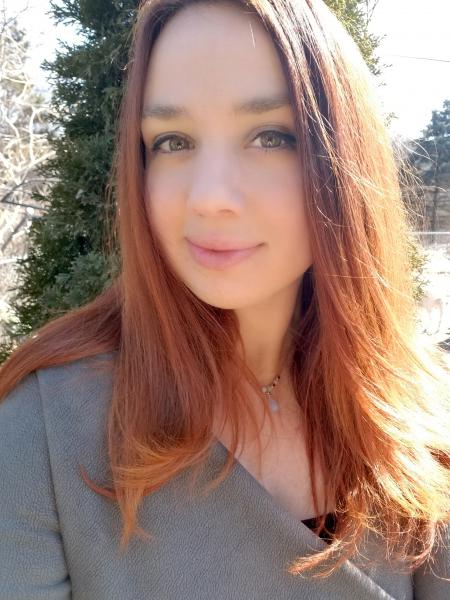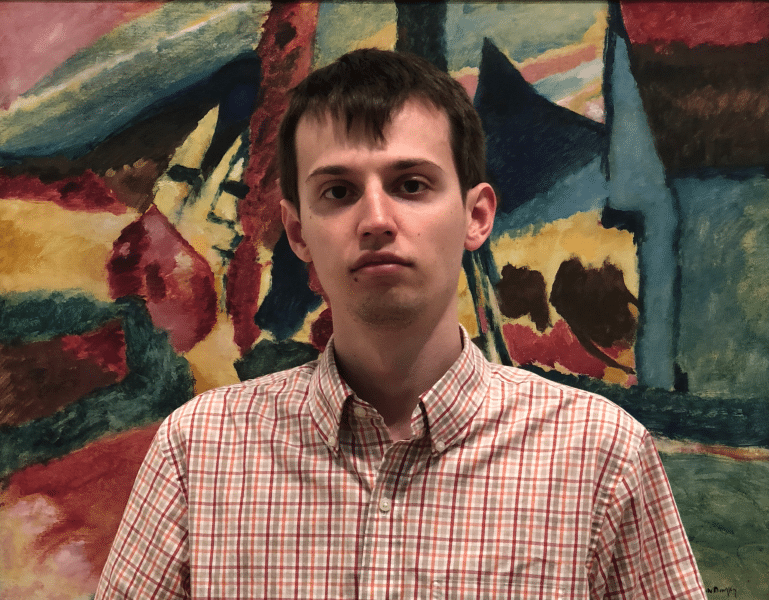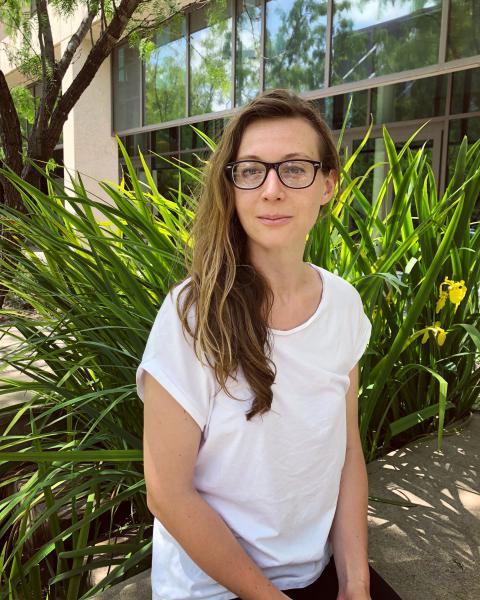Monday, May 07, 2018
2018 Cohen-Tucker Dissertation Research Fellows Announced
ASEEES is delighted to announce the 2018 Stephen F. Cohen-Robert C. Tucker Dissertation Research Fellowship recipients. The Cohen–Tucker Dissertation Research Fellowship (CTDRF) Program for Russian Historical Studies supports the next generation of US scholars to conduct their doctoral dissertation research in Russia. The CTDRF Program is sponsored by the KAT Charitable Foundation, which we thank for its generous support.
2018 Cohen-Tucker Dissertation Research Fellowship Recipients
Lyudmila Austin Michigan State University
Michael Coates University of California, Berkeley
Rebecca Johnston University of Texas at Austin
Karl Krotke-Crandall Washington State University
Andrei Tcacenco University of California, Santa Cruz
Lyudmila Austin
Michigan State University
“Migration, Nation and Selfhood in the Northern Caucasus since the 1970s”
My research explores the migration of the Russian-speaking population since the late-Soviet period, which concentrates on a case-study of migration to the Northern Caucasus. I focus on the heterogeneous, complicated circumstances relevant to this migration, which included not only the fraught “return” of millions of ethnic Russians to their titular nation, but also the movement of other displaced people to Russia. By focusing on the Northern Caucasus, I analyze how influxes of inter-ethnic migration, which included the arrival of many ethnic Russians who showed more affinity to their Soviet rather than ethnic or local affiliations, have affected social dynamics in the region. I investigate not only how regional policies attempted to institutionalize responses to these in-migrants, but also how “groupness”— as a relational and contextual process—transformed at the local level as a result. More explicitly, I consider to what extent—and how—influxes of various migrants contested and contributed to a space that changed dramatically over time as a result of numerously interconnected Soviet structural issues.
Michael Coates
University of California, Berkeley
“The Sources of Soviet Knowledge: A History of the Great Soviet Encyclopedia”
My project is a history of the writing of the three editions of the Great Soviet Encyclopedia. The Great Soviet Encyclopedia was intended to be a revolutionary encyclopedia of a new type, which would transform the way its readers viewed the world. It was to be the tool which would lay the groundwork for the development of an entirely new system of knowledge rooted in the Marxist principles of dialectical materialism. It was to break down the barriers between the disciplines erected by “bourgeois”, anti-materialist scholarship and to reconstruct humanity’s knowledge in a new, distinctly Soviet way. The precise interpretations of this task shifted from edition to edition, and at times the project took on a sharply nationalist tone. The vicissitudes of the encyclopedia project reflect the vicissitudes of the Soviet state’s changing attitudes towards and views on the usage of knowledge
Rebecca Johnston
University of Texas at Austin
“The Soviet Ministry of Culture: Governing Enlightenment after Stalin”
This is a study of the Soviet Ministry of Culture, from its conception in 1953 through the end of the Brezhnev era in 1982. The Ministry of Culture was an unwieldy fusion of six institutions responsible for everything from radio broadcasting and the circus to secondary education and the labor reserves. Its structure and staff changed rapidly and often during its initial years, as it failed to effectively handle such a broad mandate. Despite its role as chief executor of Soviet cultural policy for more than forty years, the ministry has received virtually no scholarly attention. Historians have long argued that culture in the Soviet Union was a vital tool for ideological indoctrination, and, in turn, industrial and agricultural productivity. But the Ministry of Culture tells a different story. My dissertation will redefine our understanding of Khrushchev’s cultural “thaw” and Brezhnev’s proceeding crackdown by demonstrating how late Soviet leaders shifted away from a conception of culture as a vital component of the Soviet project and left cultural institutions to thrive or decay in the wake of their neglect.

History
Washington State University
“The Holocaust in Russian Life: New Perspectives on Soviet Jewish Memory”
My project explores the creation of collective memories of Soviet Jews by unpacking the influence of public-Soviet narratives on private-familial memories. By conducting oral history interviews and using qualitative analysis, my project seeks to explore how the collective memories of this Jewish body have changed over time through the exposure of the Soviet public narrative.
Andrei Tcacenco
University of California, Santa Cruz
“The Culture of Complaint: Morality and Intimacy in the USSR, 1953-Present”
My research looks at Soviet republics outside the Russian Federation such as the Ukrainian and Moldavian SSRs, and takes a more localized approach to understanding the state’s campaigns to produce a moral Soviet citizen during the Postwar period of Soviet history. I look at how interactions between Soviet citizens in the periphery and Central Party organs resulted in a dynamic, negotiated understanding of socialist morality and concepts of the New Socialist Person in new discursive spaces of home entertainment, especially television and radio. Soviet citizens utilized mass media to spark debates about the meaning of Soviet identity, nationalism and morality, and sometimes to express outright hostility toward the Soviet state.